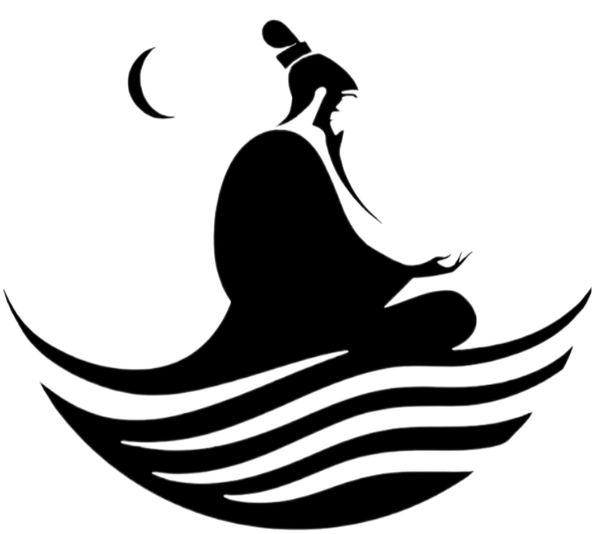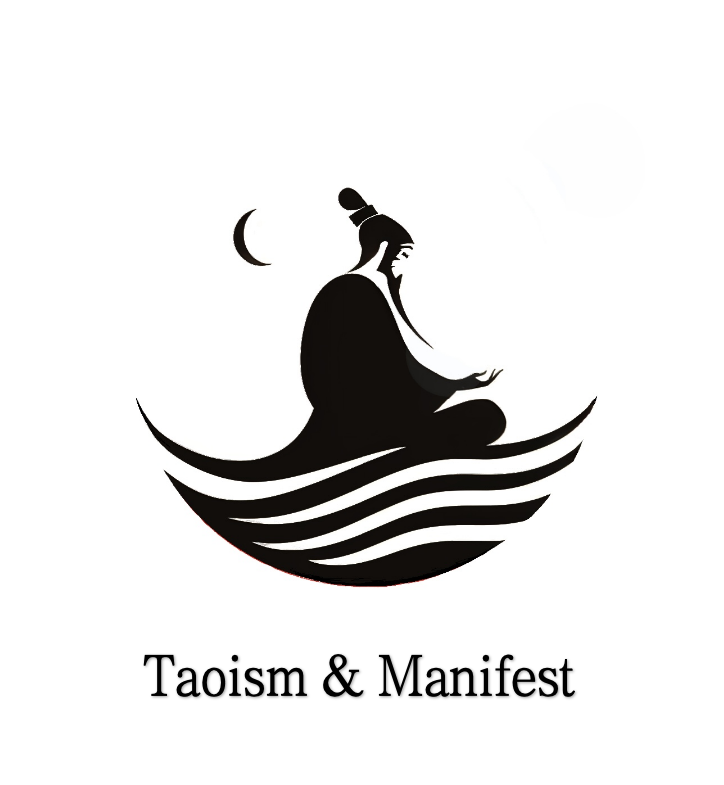
You might think Wu Wei means doing nothing or being lazy, but that is not true. Imagine forcing a project at work, only to hit roadblocks and stress. Now picture when you approach everything with Wu Wei—solutions often appear when you let it happen and adapt. Many top companies and even countries thrive by embracing this mindset.
Key Takeaways
Wu Wei means acting naturally and effortlessly, not doing nothing or being lazy.
It teaches you to move with the flow of life, avoiding force and struggle.
Practice Wu Wei by staying present, taking breaks, and trusting your instincts.
Using Wu Wei helps you find calm, balance, and better results in daily tasks.
Effortless action lets you achieve more with less stress and more creativity.
What Is Wu Wei?

Meaning and Origins
You may wonder where Wu Wei comes from and what it really means. Wu Wei is a core idea in the philosophy of taoism. It first appears in ancient Chinese texts like the Tao De Jing, written by Laozi. In this book, Laozi describes the Tao as the natural way of the universe. He says, “The Tao never acts, yet nothing is left undone.” This is the heart of Wu Wei—action that has no action.
Zhuangzi, another famous Taoist thinker, shares stories to help you understand Wu Wei. He tells about a butcher who carves an ox with such ease that his knife never gets dull. The butcher does not force anything. He moves with the natural lines of the animal. This story shows the art of non-doing. You act, but you do not struggle. You let things unfold as they should.
Tip: Wu Wei is not about sitting back and letting life pass you by. It is about moving with the flow, like water finding its way around rocks.
Wu Wei also shaped how people ruled in ancient China. Some leaders used Wu Wei to guide their decisions. They believed that less interference led to better results. By trusting the natural order, they found harmony and peace.
Common Misunderstandings
Many people outside of China have trouble understanding Wu Wei. You might hear someone say it means being lazy or doing nothing. This is a big misunderstanding of Wu Wei. The real meaning is much deeper.
Wu Wei is not passivity or laziness. It means doing the right thing at the right time, in a natural and effortless way.
You stay present and respond to what happens, instead of forcing your own plans.
Wu Wei is different from other beliefs. Confucianism asks you to work hard and improve yourself. Buddhism teaches careful practice and mindfulness. Wu Wei, on the other hand, trusts your natural instincts and the flow of life.
Some Western ideas, like Stoicism, also talk about accepting what you cannot control. But Wu Wei is more about letting go and acting without struggle.
The phrase “the sage acts by doing nothing, and yet nothing is left undone” shows that Wu Wei is about smart, timely action, not inaction.
Misunderstanding Wu Wei can stop you from seeing its true power. When you think it means doing nothing, you miss out on its ability to bring balance and peace. Wu Wei helps you live in harmony with yourself and the world. It teaches you to trust the process and let go of the need to control everything.
Remember: Wu Wei is like water. It flows around obstacles, never forcing, always finding a way.
Wu Wei vs. Passivity
The Art of Not Forcing
You may wonder how Wu Wei differs from simply doing nothing. Taoist scholars say Wu Wei is not about giving up or being passive. Instead, it is the art of not forcing. Imagine water flowing down a mountain. Water does not fight the rocks in its path. It moves around them, always finding a way forward. This is the natural flow at work. Water adapts, never forcing, yet it shapes even the hardest stone over time.
Think about the comparison of the sailor and the rower. The rower uses strength to push against the current, often getting tired and frustrated. The sailor, on the other hand, uses the wind and the flow of nature to glide smoothly. You can learn from the sailor. When you follow the art of not forcing, you move with the natural flow instead of against it. You respond naturally to changes, just like water or a skilled sailor.
Wu Wei teaches you to act without struggle. You do not need to control every detail. Instead, you trust the process and let things unfold. This does not mean you sit back and do nothing. You stay engaged, but you do not push or force outcomes. You allow life to move, and you move with it. This gentle approach brings results without stress.
Tip: When you feel stuck, pause and notice if you are forcing things. Try to let go and see where the natural flow leads you.
Action in Stillness
Wu Wei also means finding action in stillness. In Taoist thought, stillness is not the same as inactivity. It is a calm, clear state where you can respond naturally to what happens. Picture a pond on a quiet morning. The water is still, but if you drop a pebble, ripples spread out smoothly. The pond responds without effort.
You can practice action in stillness by taking moments to pause and breathe. This helps you see things clearly and make better choices. Leaders and creative thinkers often use this method. They create space in their minds, allowing new ideas to come. When you leave space, you avoid rushing into decisions. You give yourself time to adapt and respond naturally.
Science shows that stillness helps your brain work better. When you take breaks or practice mindfulness, you restore your energy and boost creativity. Many companies encourage employees to take quiet moments during the day. This leads to better problem-solving and more innovation.
The art of not forcing, leaving space, and using stillness to move all help you make wiser decisions. You do not react out of habit or stress. Instead, you act with clarity and patience. Wu Wei invites you to trust the flow of nature. When you do, you find harmony and success without struggle.
Remember: Like water, you can be soft yet strong. You do not need to force your way. You can move with the natural flow and achieve more with less effort.
Wu Wei in Daily Life

Time Management
You can bring Wu Wei into your daily routine by practicing intentional time management. Start your day with a few minutes of mindfulness. This helps you build awareness of your thoughts and feelings. When you focus on your breath, you set a calm tone for the day.
Try to prioritize your top three tasks. Choose what matters most and let go of less important things. This intentional approach keeps you from feeling overwhelmed. You do not need to force every task. Instead, allow your day to unfold naturally.
Tip: Declutter your workspace. A clear space helps you stay present and boosts your awareness of what needs attention.
Take regular breaks. These moments of stillness refresh your mind and help you return to work with more energy. When you practice single-tasking, you give each job your full attention. This reduces mistakes and increases your sense of flow.
Goal Setting
Wu Wei also guides you in setting goals. Begin by clarifying what you want. Set both long-term and short-term goals that match your values. Use intentional action to move forward, but stay flexible. If you face obstacles, adjust your plan instead of forcing it.
Awareness plays a big role here. Notice when your energy is high or low. Adapt your actions to fit your natural rhythm. Take small steps each day. Over time, these steps build into real progress.
Remember: Adaptability helps you reach your goals without stress. Let go of rigid plans and trust your intuition. This way, you find balance and enjoy the journey.
When you use Wu Wei in your daily life, you create space for growth and harmony. You act with intention, awareness, and presence, making each moment count.
Benefits of Effortless Action
Harmony and Flow
When you practice effortless action, you start to notice a sense of harmony in your life. You feel calm and connected, even when things get busy. This happens because you move with the natural flow instead of fighting against it. You become more aware of your thoughts and feelings, which helps you respond instead of react.
Many people describe this as a state of flow. You might lose track of time while working on something you enjoy. Your actions feel smooth and natural. Bruce Lee showed this in martial arts, moving with grace and power. In daily life, you can find this feeling by listening closely to others or by being present in nature.
When you act in harmony with your surroundings, you create peace for yourself and those around you.
Research shows that mindfulness and similar effortless action strategies help reduce stress and improve well-being. These practices boost your mood and help your body stay healthy. You may notice better focus and more energy when you let go of the need to control everything.
Some ways to experience harmony and flow:
Practice mindfulness or meditation each day.
Listen with full attention during conversations.
Trust your intuition and let things unfold naturally.
Achieving More
Effortless action does not mean you achieve less. In fact, you often get more done with less struggle. When you follow the natural flow, you use your energy wisely. You become more intentional with your choices and actions.
Studies show that people who let go of constant striving often finish tasks faster and feel less stressed. You may find that you solve problems more easily when you stop forcing solutions. This approach helps you stay open to new ideas and adapt quickly.
Note: Awareness of your strengths and passions can guide you to work smarter, not harder.
You can achieve more by:
Focusing on what matters most.
Taking breaks to refresh your mind.
Letting go of rigid plans and trusting the process.
When you act in harmony with your true self and the world, you unlock your full potential. Effortless action brings both peace and progress, helping you enjoy the journey as much as the results.
Wu Wei teaches you to act with ease and trust your instincts. When you let go of forced effort, you often find better solutions and less stress. Experts say that relaxing control can spark creativity and help you feel “in the zone.” Try simple steps like mindful breathing or letting conversations flow naturally. Reflect on moments when letting go brought you peace. Embrace Wu Wei to enjoy more balance and harmony in your daily life.
FAQ
What does it mean to act in harmony with the flow of nature?
You act in harmony when you notice what is happening around you and respond naturally. This means you do not force things. You let it happen and trust the flow of nature. You find peace and balance in your actions.
How can I stay present and use intentional action every day?
You can stay present by focusing on one task at a time. Take a deep breath and notice your surroundings. When you choose intentional action, you make decisions with awareness. This helps you feel calm and in control.
Is the art of non-doing the same as being lazy?
No, the art of non-doing is not laziness. You still take action, but you do not push or rush. You follow the art of not forcing. You allow things to unfold in their own time, just like the comparison of the sailor and the rower.
What is a state of flow, and how do I reach it?
A state of flow happens when you enjoy what you do and lose track of time. You feel focused and happy. You reach this state by doing activities you love and letting your mind relax. This comes from the philosophy of taoism.
Why is awareness important in taoism?
Awareness helps you notice your thoughts and feelings. In taoism, you use this skill to make better choices. You learn to respond naturally instead of reacting quickly. This brings more balance and happiness to your life.






